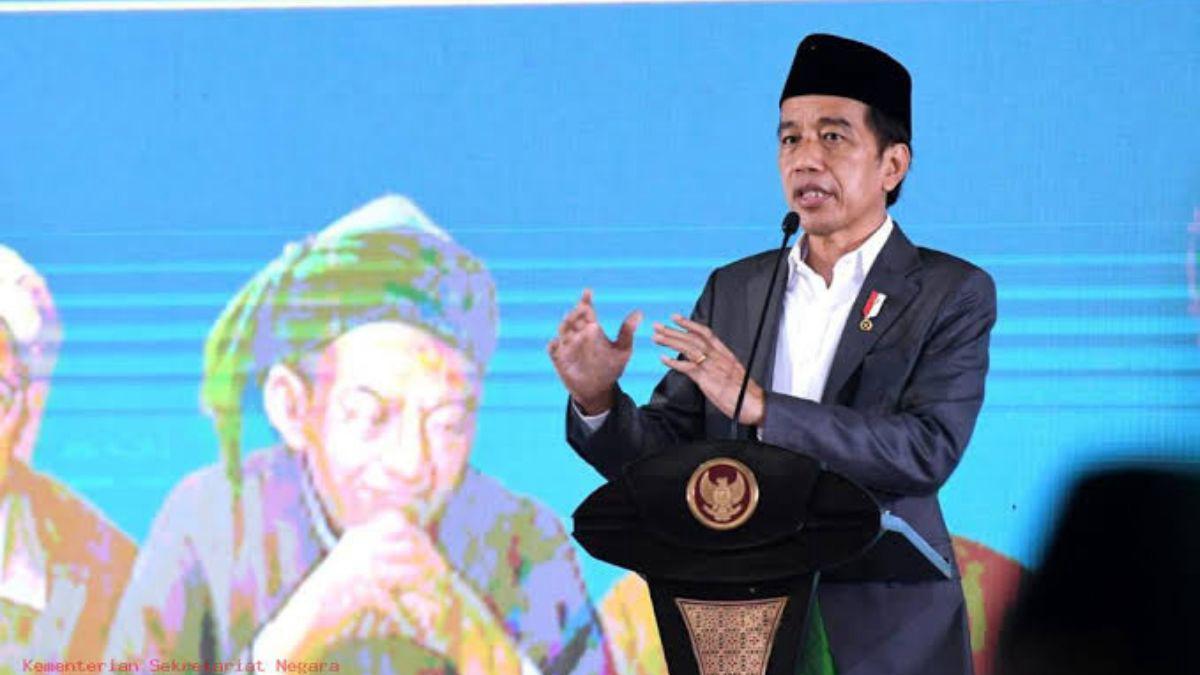In a notable political development, leaders of Nahdlatul Ulama (NU), one of Indonesia’s largest Islamic organizations, have met with President Joko “Jokowi” Widodo to discuss the allocation of mining concessions. This high-level dialogue comes as Indonesia navigates significant policy shifts and economic strategies linked to its resource-rich regions.
During the meeting, NU representatives, including influential figures within the organization, expressed interest in securing mining concessions as part of their broader economic and development goals. The discussions underscore NU’s strategic move to leverage its political influence and engage directly with the government on key economic issues.
The engagement between NU and President Jokowi is pivotal, given the organization’s significant role in Indonesian society and politics. The potential acquisition of mining concessions by NU could have substantial implications for both local economies and national resource management. It also reflects a growing trend of major organizations seeking direct involvement in the country’s economic sectors, particularly in resource-rich areas.
President Jokowi’s administration is actively seeking to balance economic development with sustainable practices and equitable resource distribution. The involvement of NU in mining concessions aligns with broader government efforts to integrate various stakeholders into national economic planning and ensure that resource management benefits a wider segment of the population.
The meeting also highlights NU’s expanding role beyond its traditional religious and social spheres, as it increasingly engages in strategic economic initiatives. This collaboration could shape future resource policies and contribute to the development of Indonesia’s mining sector, potentially influencing both local and national economic landscapes.
As Indonesia continues to address its development and resource management challenges, the partnership between NU and the Jokowi administration marks a significant step in aligning religious, social, and economic interests with national policy objectives. The outcome of these discussions will be closely watched as the country progresses with its economic and environmental strategies.

